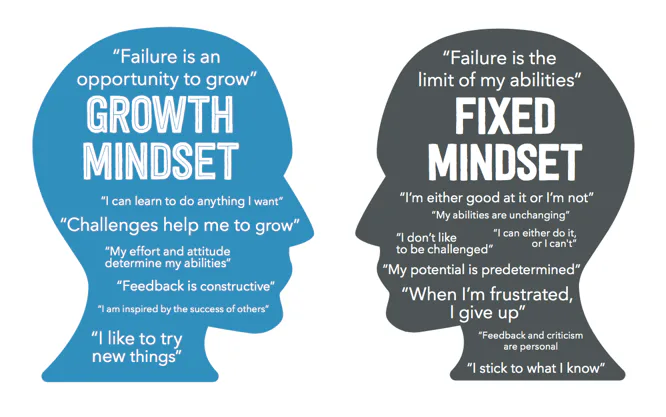Brain Points

Project description
Research has shown that rewarding or promoting a growth mindset in math has increased user engagement time, users’ quality and quantity of problem solving strategies, and users’ perseverance when faced with challenge. Growth mindset interventions have also been shown to reduce the gender achievement gap in math and in general, promote better learning outcomes. Introductory students continue to drop out of introductory programming courses at rates of 30- 50%. We hypothesize that promoting the growth mindset in computer science will have similar positive effects as in math and hopefully increase retention in these programming courses. In order to detect struggle when students are programming, we need specific detectable metrics. We hypothesized the following two specific behavior patterns would detect struggle: inactivity and repeated small changes. These behaviors were developed from a study of 7 participants and time spent observing students in office hours for introductory computer science classes.
We conduced a study with 4 participants to investigate these hypothesized indicators of struggle, and better understand general behavior while struggling to code. The inactivity detection metric did not work in all cases and the while the small changes metric worked in all cases, the sample size was too small to draw significant conclusions. This experiment can, however, inform future experiments that seek to find behaviors indicating struggle. There is indication that both metrics, with refinement, could indicate unproductive struggle and this experiment model can also be used on other hypothesized metrics. Once unproductive struggle is detectable with key and mouse data, it will be possible to intervene at appropriate times with appropriate strategies. These interventions would ideally reduce time participants spent unproductively struggling, reduce the learned fixed mindset, and lead to increases in self-efficacy. In order to detect struggle when students are programming, we need specific detectable metrics. We hypothesized the following two specific behavior patterns would detect struggle: inactivity and repeated small changes. These behaviors were developed from a study of 7 participants and time spent observing students in office hours for introductory computer science classes.
We conduced a study with 4 participants to investigate these hypothesized indicators of struggle, and better understand general behavior while struggling to code. The inactivity detection metric did not work in all cases and the while the small changes metric worked in all cases, the sample size was too small to draw significant conclusions. This experiment can, however, inform future experiments that seek to find behaviors indicating struggle. There is indication that both metrics, with refinement, could indicate unproductive struggle and this experiment model can also be used on other hypothesized metrics.
Team
Faculty
- Eleanor "Nell" O'Rourke
Masters and Undergraduate Students
- Alumni: Grace Alexander
- Alumni: Lily Zhang
- Alumni: Morgan Walker